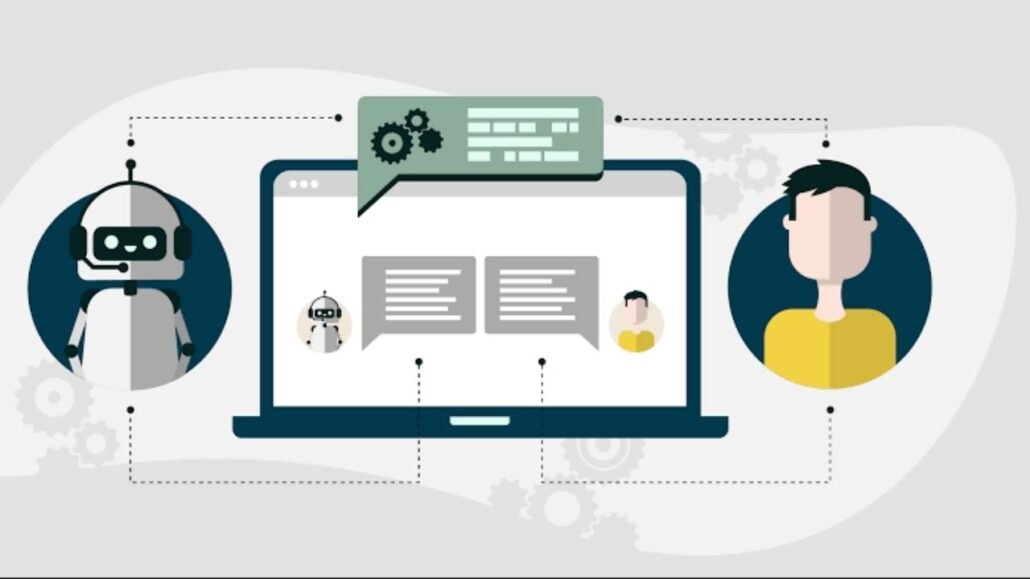Natural language processing (NLP) is a process of artificial intelligence that uses computers to interpret text and spoken words in the same manner that humans can. NLP uses computational linguistics, human language modeling, machine learning, and deep learning models.
These technologies, when used together, allow computers to interpret human language as text or speech data and ‘understand’ its full meaning, including the speaker or writer’s purpose and mood. NLP is used by computer programmes to translate text from one language to another and vice versa, respond to spoken commands and quickly summarize enormous amounts of information—even in real-time.
Some basic examples of Natural Language Processing is voice-activated GPS systems, digital assistants, speech-to-text dictation software, customer care chatbots, and other consumer conveniences. However, NLP is increasingly being used in corporate solutions to help businesses streamline operations, boost employee productivity, and simplify mission-critical business procedures.
Since human language is riddled with ambiguities, writing software that properly identifies the intended meaning of text or speech input is extremely challenging. Homonyms, homophones, sarcasm, idioms, metaphors, grammar and usage exceptions, and sentence structure variations are just a few of the irregularities in human language that take humans months to learn but that programmers teach NLP applications to recognize correctly from the start.
In many current real-world applications, natural language processing is the driving force behind machine intelligence. Listed below are a few examples:
- Spam detection systems analyse emails for the language that typically suggests spam or phishing using NLP’s text classification skills. Overuse of financial terminology, typical poor grammar, threatening tone, improper haste, misspelled corporate names, and other signs can all be used as indicators.
- Natural language processing helps recruiters to find the right candidate during hiring with much ease. The recruiter would not have to go through every resume and can filter the right candidates manually according to their preferences. The technique, like information extraction with named entity recognition, can extract information such as skills, name, location, and education.
- Google Translate is an excellent illustration of how NLP technology may be used in the workplace. More than just substituting words in one language with words in another is required for really useful machine translation. The effective translation must properly capture the meaning and tone of the input language and convert it to text in the output language with the same meaning and desired impact. In terms of accuracy, machine translation technologies are making good progress.
- NLP is used in Targeted advertising in which advertisements are displayed to users depending on their online activities. Most internet businesses nowadays employ this strategy since it saves them money and ensures that only relevant advertisements are displayed to potential consumers.
- Speech recognition and natural language generation are used by virtual agents like Apple’s Siri and Amazon’s Alexa to identify patterns in voice requests and reply with action or helpful comments. In response to written text entries, chatbots work the same magic.
- For revealing hidden data insights from social media platforms, natural language processing (NLP) has become an indispensable commercial tool. Sentiment analysis may extract attitudes and emotions in reaction to goods, promotions, and events by analysing the language used in social media postings, comments, reviews, and more–information that firms can use in product design, advertising campaigns, and more.
- Text summarization makes use of natural language processing (NLP) techniques to digest large amounts of digital text and provide summaries and synopses for indexes, research databases, and users who would not want to read the entire text.
NLP will undoubtedly gain in popularity as the amount of data continues to rise, and algorithms get more complex and accurate. Human-machine interaction is changing because of it.
The aforementioned applications of NLP show it is a technology that significantly enhances our quality of life. Unstructured information makes up as much as 80% of what we encounter. As a result, NLP is one of the most important disciplines of data science. Organizing this data is a significant problem that many academics face daily.
